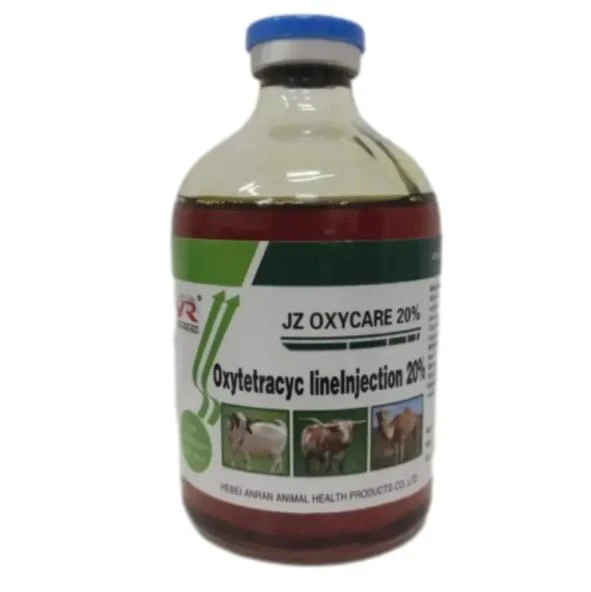- Afrikaans
- Albanian
- Amharic
- Arabic
- Armenian
- Azerbaijani
- Basque
- Belarusian
- Bengali
- Bosnian
- Bulgarian
- Catalan
- Cebuano
- Corsican
- Croatian
- Czech
- Danish
- Dutch
- English
- Esperanto
- Estonian
- Finnish
- French
- Frisian
- Galician
- Georgian
- German
- Greek
- Gujarati
- Haitian Creole
- hausa
- hawaiian
- Hebrew
- Hindi
- Miao
- Hungarian
- Icelandic
- igbo
- Indonesian
- irish
- Italian
- Japanese
- Javanese
- Kannada
- kazakh
- Khmer
- Rwandese
- Korean
- Kurdish
- Kyrgyz
- Lao
- Latin
- Latvian
- Lithuanian
- Luxembourgish
- Macedonian
- Malgashi
- Malay
- Malayalam
- Maltese
- Maori
- Marathi
- Mongolian
- Myanmar
- Nepali
- Norwegian
- Norwegian
- Occitan
- Pashto
- Persian
- Polish
- Portuguese
- Punjabi
- Romanian
- Russian
- Samoan
- Scottish Gaelic
- Serbian
- Sesotho
- Shona
- Sindhi
- Sinhala
- Slovak
- Slovenian
- Somali
- Spanish
- Sundanese
- Swahili
- Swedish
- Tagalog
- Tajik
- Tamil
- Tatar
- Telugu
- Thai
- Turkish
- Turkmen
- Ukrainian
- Urdu
- Uighur
- Uzbek
- Vietnamese
- Welsh
- Bantu
- Yiddish
- Yoruba
- Zulu
Dec . 11, 2024 09:07 Back to list
Ivermectin Injection 100ml for Effective Parasite Treatment in Livestock and Pets
Ivermectin Injection A Comprehensive Overview
Ivermectin has emerged as a significant player in the field of medicine, primarily recognized for its efficacy in treating various parasitic infections. The injectable form of Ivermectin, specifically in a 100ml formulation, is an important product used in veterinary and, in some cases, human medicine. This article explores the pharmacological properties, applications, and regulatory considerations surrounding Ivermectin injection.
Pharmacological Properties
Ivermectin is a broad-spectrum antiparasitic agent derived from the fermentation products of the soil bacterium *Streptomyces avermitilis*. Initially approved for veterinary use, it quickly garnered attention for its effectiveness against numerous parasites, including roundworms, heartworms, and ectoparasites like mites and lice. The injectable formulation is particularly useful because it allows for rapid absorption in the bloodstream, leading to quicker therapeutic effects against infestations.
The mechanism of action of Ivermectin involves binding to specific chloride channels found in invertebrate muscle and nerve cells. This binding increases the permeability of the cell membrane to chloride ions, resulting in paralysis and death of the parasites. Importantly, Ivermectin is well-tolerated in mammals at therapeutic doses, contributing to its widespread use.
Applications in Veterinary Medicine
In veterinary practice, Ivermectin injection is utilized for a variety of treatments. It is commonly used in livestock to control infections caused by nematodes and ectoparasites. For instance, cattle, sheep, and pigs often receive Ivermectin to effectively eliminate worm infections and prevent outbreaks that could affect herd health. In horses, Ivermectin injections offer a reliable method for treating strongyles and other gastrointestinal parasites.
In addition to livestock, Ivermectin has also found a niche in treating companion animals. Dogs and cats may receive injectable Ivermectin in cases of heartworm disease, offering a potent option in managing these infections. The flexibility provided by the injectable route ensures that even animals that may be difficult to medicate orally can receive an appropriate dose.
ivermectin injection 100ml

Human Medicine Perspective
The use of Ivermectin in human medicine has sparked considerable interest and debate, particularly during the COVID-19 pandemic. Ivermectin has been primarily used for the treatment of onchocerciasis (river blindness) and lymphatic filariasis. However, its potential role in treating viral infections has raised questions about efficacy and safety.
During the pandemic, some studies suggested that Ivermectin could be effective against SARS-CoV-2, the virus responsible for COVID-19. Nevertheless, major health organizations, including the World Health Organization (WHO) and the U.S. Food and Drug Administration (FDA), cautioned against the use of Ivermectin for COVID-19 outside clinical trials, citing insufficient evidence and potential risks.
Regulatory Considerations
The approval and regulation of Ivermectin injection vary by region and application. In veterinary medicine, Ivermectin is widely approved and regulated by bodies such as the FDA in the United States. For human uses, strict regulatory assessments are required. Physicians often must carefully consider the indications and potential adverse effects before prescribing this medication.
Furthermore, discussions surrounding the inappropriate use of Ivermectin, particularly for COVID-19 without clinical guidance, have highlighted the importance of adhering to established medical protocols and the potential dangers of self-medication.
Conclusion
Ivermectin injection, particularly in the 100ml formulation, serves as an essential tool in both veterinary and human medicine. Its effectiveness against a broad range of parasitic infections positions it as a valuable treatment option. However, its application must be approached with caution, weighing the benefits against potential risks, especially in the context of emerging viral diseases. As research continues, the role of Ivermectin in medicine will likely evolve, emphasizing the need for responsible use guided by scientific evidence.
-
Guide to Oxytetracycline Injection
NewsMar.27,2025
-
Guide to Colistin Sulphate
NewsMar.27,2025
-
Gentamicin Sulfate: Uses, Price, And Key Information
NewsMar.27,2025
-
Enrofloxacin Injection: Uses, Price, And Supplier Information
NewsMar.27,2025
-
Dexamethasone Sodium Phosphate Injection: Uses, Price, And Key Information
NewsMar.27,2025
-
Albendazole Tablet: Uses, Dosage, Cost, And Key Information
NewsMar.27,2025













